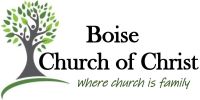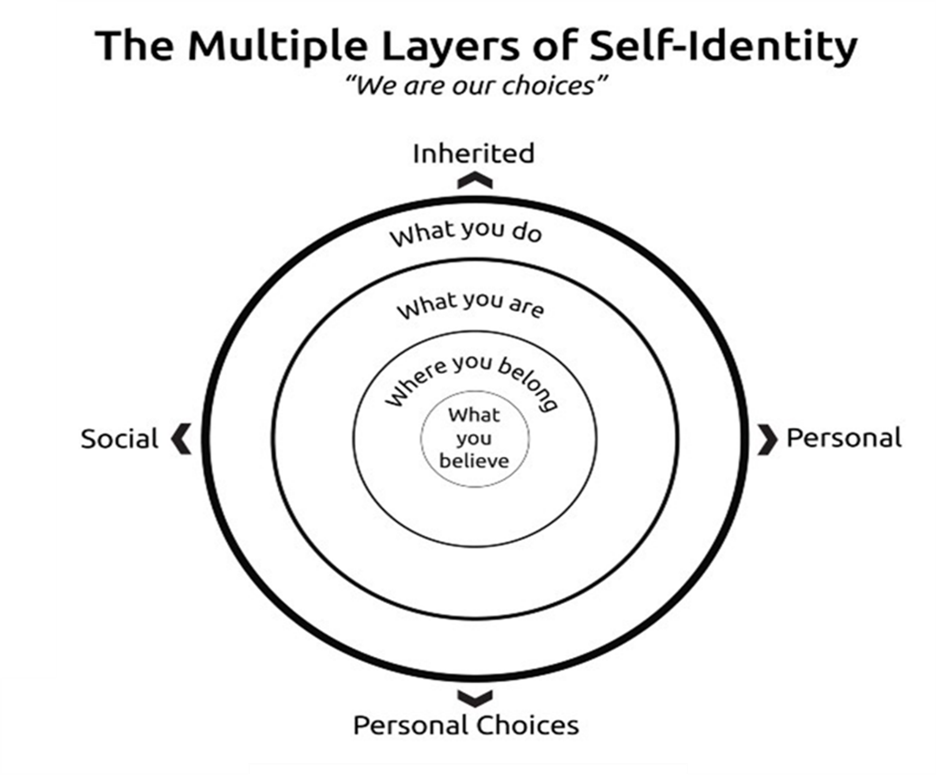The Biblical Studies Center
Dear Boise Church of Christ,
What is it like to be the Director of The Biblical Studies Center? It’s like running a law firm out of a convenience store. That was my response to this recent inquiry. How so? Well, we maintain connections with several different groups (or “clients”) for different purposes. Our primary emphasis is, of course, college students, and the BSC exists to reach and disciple them through the Word of God. But we also open our classes to high school students and community members, and we’ve even helped adults complete their degrees by transferring credits to other universities. We connect with university faculty, athletic coaches, and support staff. Perhaps our most important ministry connection is with other campus ministers, as we partner together to reach and build up students with the gospel.
We are also members of the Consortium of Christian Study Centers, within which we participate in a network of prayer and support with a few dozen other similar institutions around the country. We are exploring a potential partnership bridge with Haus Nazareth in Berlin, Germany. We are also tasked with maintaining regular communication with numerous donors, churches and charitable foundations, who provide the financial backing to continue ministering. Additionally, we advertise and teach classes, and prepare and host multiple meetings daily, serve lunch to between fifty and a hundred students (or more) each week.
Pair this to-do list with a daily dose of student and minister “drop-ins”, who come for a snack, a conversation, a meeting, some study time, counselling, or even a nap, and perhaps you can understand the law firm/convenience store analogy. By the way, we must also constantly work to keep the place clean! It is a hectic, at times overwhelming set of responsibilities, but it is also a tremendous blessing and privilege because of its strategic importance to God’s kingdom.
Students arrive at college ready to reevaluate their beliefs, and the modern university system is intentionally designed to serve up only secular humanist, relativist answers. God’s truth, standards and gospel are implicitly marginalized, if not openly mocked, and the freshly available lifestyle choices thrive without a solid Christian moral compass. The Biblical Studies Center provides a place with the fragrant aroma of not only lunch, but agape love and biblical truth. Most people know the phrase, “The truth shall set you free,” but few have any idea who said it. Our job is to help students walk confidently with the one who did. Thanks for doing your part in helping this ministry thrive for his sake!
In His Service,
Dr. Bill Pubols
Director
The Biblical Studies Center

